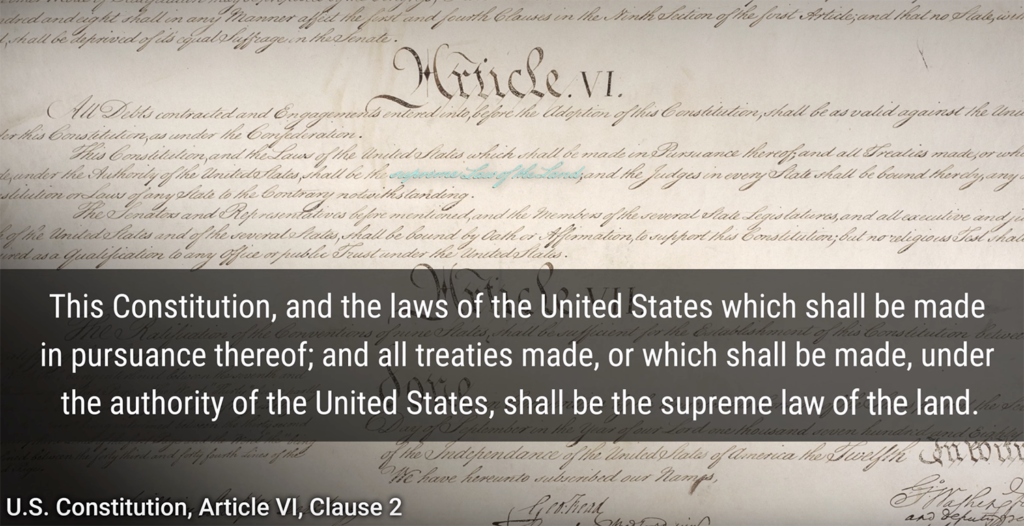The Biden administration is hoping to strengthen understanding of tribal treaty and reserved rights among federal employees through training modules developed by the White House Council on Native American Affairs
By Melanie Lenart

Following input from representatives of tribal nations, Biden administration officials are developing training modules to ensure federal employees take treaty rights seriously.
The White House Council on Native American Affairs and a Tribal treaty rights MOU Workgroup are working together to develop the curriculum for federal employees on tribal consultation. The groups plan to have the training modules ready by early to mid-2024.
“Federal employees must acknowledge treaty rights and seek to safeguard them as agencies contemplate action,” according to a video “preview” of future training modules posted by the council on its website. The 2.30-minute video also quotes the 1905 legal decision in United States v. Winans to note that “Treaties are not a grant of rights to the Indians, but a grant of rights from them, a reservation of those not granted.”
After briefly acknowledged past failures of the federal government in honoring the treaties it made with tribal nations, the narrator encourages a more responsible future.
“As federal employees, it is our responsibility to avoid the wrongs of the past and move forward with a commitment to the federal trust responsibility we have to all tribes, including the protection of tribal treaty and reserve rights. Treaties are, after all, the supreme law of the land.”
The move to educate federal employees in treaty rights follows a 2022 presidential memorandum on Uniform Standards for Tribal Consultations, which builds upon memos issued in 2021 and in 2000 under then-President Bill Clinton. The 2022 memo reminds federal agencies they must consult with tribal nations on any issues that has implications for tribes, even if the proposed actions occur outside of reservations, and explicitly requires agency heads to require annual training regarding tribal consultation for any agency employees who work with tribal nations or on policies with tribal implications.
The memo urges agency representatives, during consultations, to “recognize and respect tribal self-government and sovereignty; identify and consider treaty rights, reserved rights and other rights; respect and elevate Indigenous Knowledge,” among other things.
The emphasis on consultation comes as part of an ongoing effort by the Biden administration to provide more funding, respect and autonomy to tribal nations.
Early in the administration, the Biden team created policy to require federal agencies to include Indigenous knowledge in research, policy and decision making. The effort extends to involving tribal nations in managing relevant public lands. As announced during the 2023 Tribal Nations Summit, and more than 200 co-management agreements have been signed during the administration.
Another promise made during the summit involved considering funding gaps to tribal nations so they could potentially be corrected. A draft of the proposed Request for Information form to assess tribal access to funding needs is currently available for review as part of the consultation process.
Melanie Lenart is a Native Science Report contributing editor.
Story published January 12, 2024
• • •
Enjoyed this article? Enter your email to receive notifications.
